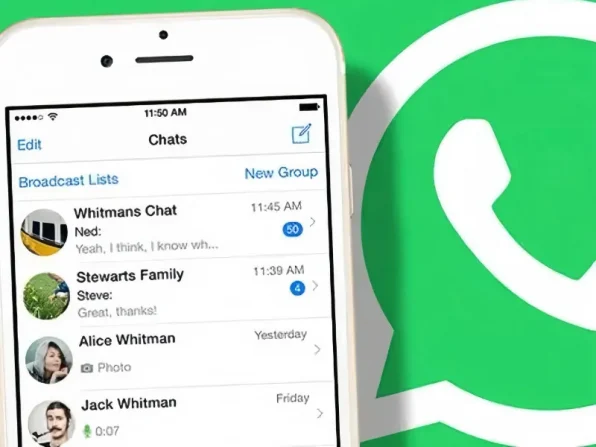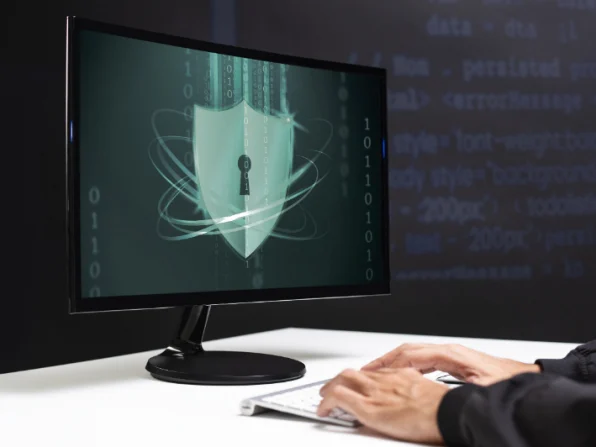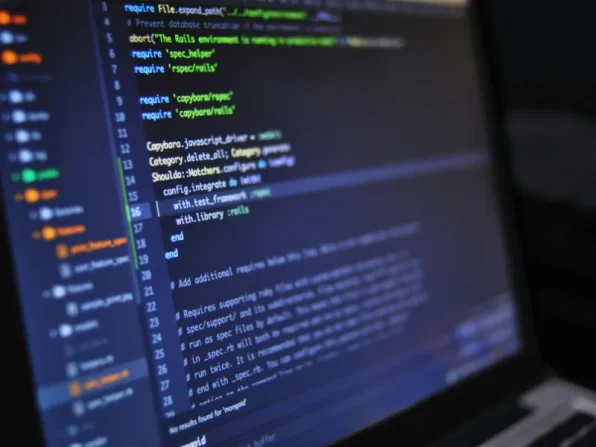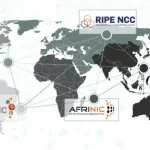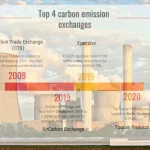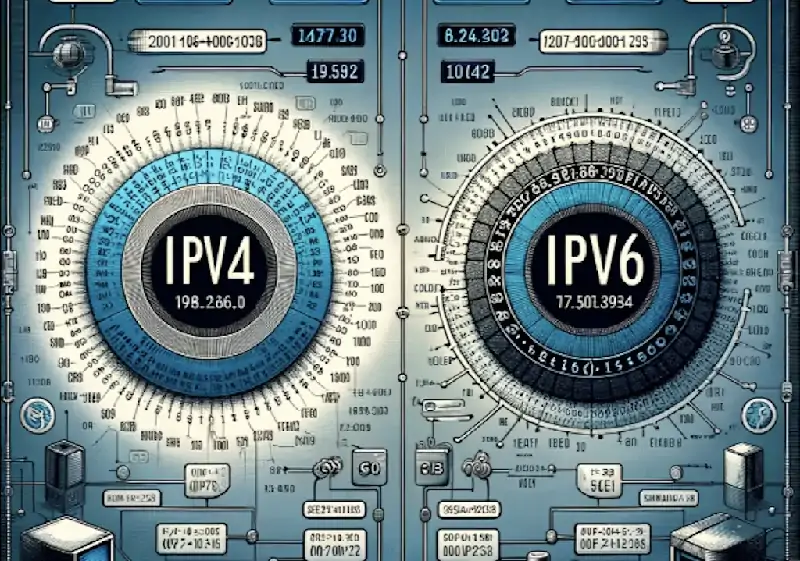If the video above fails to load, you can also view it at YouTube:
https://www.youtube.com/watch?v=DO35stge3YE&ab_channel=BlueTechWaveMedia
Lu Heng, founder and CEO at LARUS Ltd, is on a mission to put the ownership and registration of IP addresses onto the blockchain. To do so he needs to remove control of the IP address ecosystem from the Regional Internet Registries, organisations that have run the industry for 30 years. And that, he says, is precisely the problem.
He thinks a modern system for IP address management is long overdue, and will make the internet safer, fairer and more efficient. But what are the dangers he speaks of? And how will he achieve his goal? He sat down recently to explain his vision.
Also read: Poor turnout, rude winners: The APNIC EC Election 2024 highlights its flaws
Also read: Paul Wilson resigns as Director General of APNIC
Interview with Lu Heng: On decentralising IP addresses
Why do you want to reform the internet?
Lu Heng: It’s just a necessity for the internet to progress itself to a decentralised state, as we’ve seen from blockchain to web3. Almost everything on the internet can be and is already moving toward decentralisation. However, there is one central point of the internet which is not decentralised just yet: the name and numbers – IP addresses and the domain names. This part of the internet leaves a potentially huge vulnerability as a central power point, susceptible to being seized by power-hungry individuals and institutions.
It’s necessary for all businesses on the internet, for progression to one single internet, to have no centralised power point. Every bit of the internet should be made by its own mind to preserve the very thing which we hold so dear. Otherwise, the internet might be fragmented to a stage where different countries have different internets, with duplicated numbers and names, and they don’t agree with each other, as we see for almost everything else in our lives.
What needs to change with the internet?
Lu Heng: We want the internet to be free, to belong to the people who use it. I understand the founders of the internet didn’t have a choice because they just didn’t have the technology to decentralize it. But now we have the technology, and also because the internet has grown from a novel nerds’ game to a massive modern utility, it’s become necessary to decentralize it, and we must.
What are the pros and cons of a commercialised internet?
Lu Heng: The commercialisation of the numbers and names has been existing for decades. The debate of whether we should have a commercialised or commodity-like market for both names and numbers, IP addresses, and domain names has sailed a long time ago, and that is not what I’m advocating for because it’s already there. What I’m advocating for is to decentralise them, let people actually own them rather than subject them to a centralised institution where power could potentially be grabbed and abused, susceptible to corruption, endangering the one internet we have today.
How is the internet best protected from corruption?
Lu Heng: I believe the internet is safe when everybody owns their own registration, when everybody runs their piece of the internet, and there’s no centralised power where it could potentially be susceptible to unstable grab.
Also read: What is AFRINIC? The role and challenges of the African Regional Internet Registry
Also read: What is a Regional Internet Registry?
How will this change things for the end user?
Lu Heng: The only thing which will actually change is if the current situation stays centralised as has been demonstrated by some of the registries such as AFRINIC or APNIC. It’s a great danger to the internet if the management of those centralised institutions go rogue if they start to leverage their monopoly in the registration database towards companies, nations, end users. We might not have the one internet we have today. You would not want to have countries sign bilateral agreements in order to connect each other’s internet. We want the internet to stay open, free, and most importantly, one.
Will this affect the cost of internet access?
Lu Heng: Because IPv6, which has 2^128, has more numbers than everything on Earth, it is freely accessible to every single person because of the vast number and the nature of infinity of that number. There is no danger for anyone to lose access because of the pricing. IPv4 internet will eventually transfer to IPv6. Yes, IPv4 today is a scarce resource, as every industry expert would tell you, but that’s a temporary situation, and already 80% of the backbone of the internet, most majority of the services on the internet, such as Google, YouTube, they are accessible in IPv6. So, no, I disagree that anyone’s right to access the internet will be taken away. If anything, the cost of an IP number is minuscule compared to the cost of the device, the cost of fibre link, the cost of your mobile plan. An IP address is not the barrier for access because it’s so minuscule to the total package needed to access the internet in the first place.
What is the current status of your campaign?
Lu Heng: More and more businesses and governments I talk to recognise the only sensible way for us as humans to move forward is a decentralised internet where everybody makes decisions of their own.
You are wealthy already. What is your end goal?
Lu Heng: Making money was never my primary goal, and I don’t believe anyone in the entrepreneurial world has making money as their sole goal. Actually, those who have made a lot of money, if you look at the top billionaire list, every single one of them, especially in the technology field, have made something they truly believe in, and money is consequential of their goal. It’s not the goal itself. Because end of the day, the market will exist with or without centralization, with or without this reform. But what will not exist is one single internet, free open access for all. And that is something we need to think about for our next generation.
Also read: ICANN’s Africa DNS report barely mentions the AFRINIC problem
Also read: What are IP addresses and why they are important?
Who will lose out if your campaign succeeds?
Lu Heng: The losers of a centralized internet are potentially those persons trying to utilize those powers. When there’s a concentration of power, there are people after that, and whoever is after that concentrated power trying to abuse it, they lose obviously but I don’t think there’s any sadness in that.
What do you want to happen to AFRINIC?
Lu Heng: AFRINIC must be saved before we reach a state of decentralisation. After decentralisation, the Regional Internet Registries might or might not be needed anymore because there’s no reason for them to be here to guarantee the uniqueness, but before that happens, in order for the internet to function, the five RIRs must stay stable and be saved. It’s in everybody’s interest including mine.
Tell us about your career to date.
Lu Heng: I started my business at a very young age, selling game cards and providing connectivity to people. I’ve spent most of my life doing internet-related business, and the rest is public history. It’s not particularly remarkable or interesting. I’m just an internet nerd and advocate for what I believe would be better for humanity.
